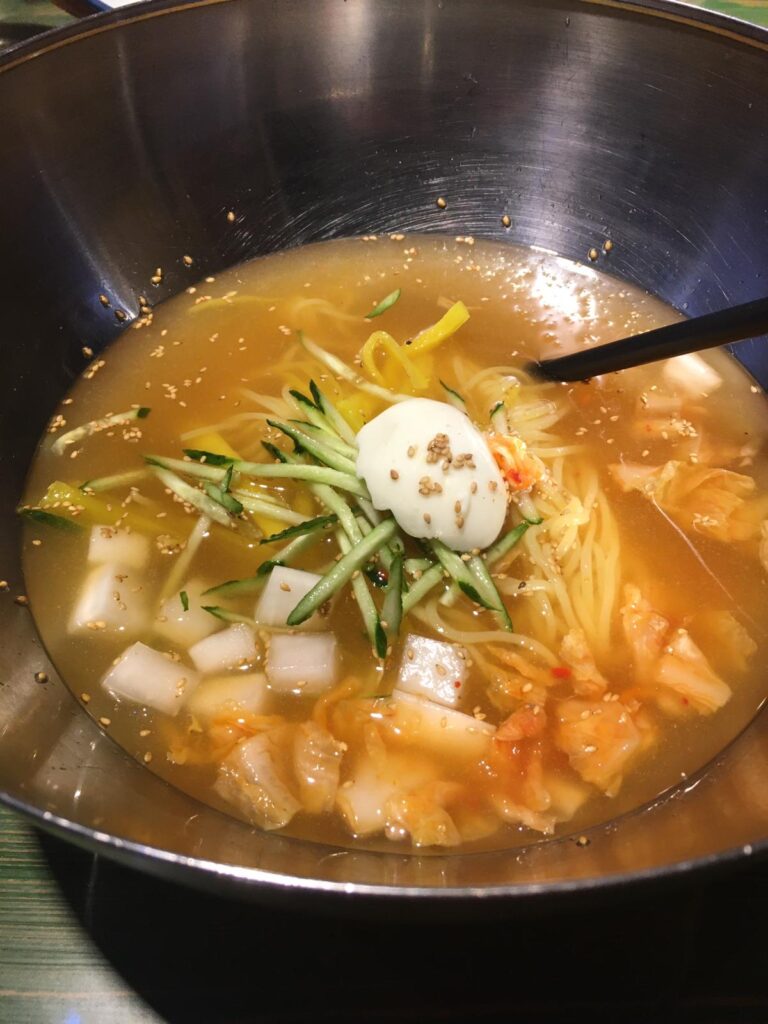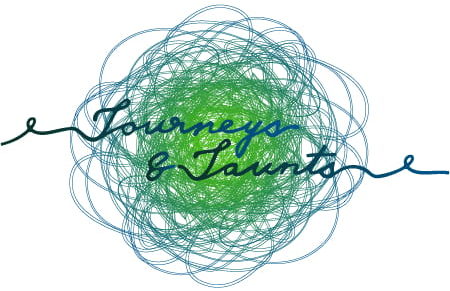It is time to discover the next, the 10th Solar term of the year, and unlike most of the earlier ones described, this is one some of you might actually have heard of: Summer Solstice.
夏至 (Xiàzhì) or Summer Solstice starts on June 21st in 2022 and marks the longest daytime and the shortest nighttime of the year. From ancient times, this day has been considered as the mid-point of the summer season (which is more related to agriculture, as for us, summer has just begun) and to be the start of the hottest time of the year.
There are three pentads dividing this solar term: the first pentad – 鹿角解 (lù jiǎo xiè) – can be translated as “antlers start to fall off” and means that from the beginning of Summer Solstice, the female, or yin, Qi (the Chinese word for cosmic energy) grows stronger than the male, or yang Qi, and the antlers of antlered animals start to fall off. The second pentad – 蜩始鸣 (tiáo shĭ míng) – can be translated as “cicadas start to sing” and means that, apparently, the male cicadas feel the emerging yin Qi and therefore start to sing. The third pentad – 半夏生 (bàn xià shēng) – which can be translated as “pinellia ternate start to grow”, means that pinellia ternate, which is a damp and shade-loving plant, gets a growth spurt. These plants usually grow in the wetlands and rice paddies during midsummer.

During Summer Solstice, daylight lasts the longest for the whole year in the northern hemisphere. In China, the longest day occurs in Mohe city, Heilongjiang province, where the bright part of the day can last up to 17 hours. Because of this, Chinese people gave this city the name “the sleepless town of China”.
According to Chinese beliefs, summer is in general the time of maximum strength of the Yang energy and weakness of the Yin energy, but during the Xiàzhì Term, the male (yang) energy in nature and our bodies reaches its peak. Traditional Chinese medicine (TCM) sees this as the best time year for people to do moxibustion (or some other Chinese herbal) treatments to regulate the function of the body’s digestive system and treat some chronic conditions. Moxibustion is a TCM therapy where the doctor burns dried mugwort on the patient’s skin. There is a saying that “winter diseases get cured in summer”.
Summer Solstice was an important festival in ancient China. Before the Qing Dynasty, people even had a one-day holiday on Summer Solstice. To celebrate it, women presented colored fans and sachets to each other. Fans could help them cool down and the sachets could bring a nice aroma and scare away the mosquitoes.

Every year on Summer Solstice day, the sun sits directly over the Tropic and brings up an amazing phenomenon known as the “upright pole with no shadows”. In China, you can have a chance to see it in the Hani autonomous county of Mojiang, Yunnan Province. So, if you are planning any trips to the southwest of Yunnan Province – take some pictures and send them over!
There is an interesting Chinese idiom connected to Summer Solstice with a fascinating story behind it:
During the Han Dynasty, there was a county magistrate called Ying Chen. On the Summer Solstice Day, he invited his secretary Du Xuan to his house and treated him to wine.
On the north wall of the hall hung a red bow, which was reflected in Du Xuan’s cup. Du Xuan took the reflection for a squirming snake. He was very frightened but dared not turn down Ying Chen’s offer because Ying Chen was his superior.
He swallowed the wine with his eyes closed. Back home, he felt so painful in his chest and stomach that he could hardly eat and drink anymore. He sent for the doctor and tried many medicines, but nothing could cure him.
When Ying Chen came to Du Xuan’s home and asked him how he became so ill, Du told him that he drank the wine with a snake in his cup the other day. Ying Chen felt so puzzled about that. He returned home and contemplated it but couldn’t find an answer.
Suddenly, the red bow on the north wall caught his eye. “That’s it!” he shouted. He immediately sent his man to fetch Du Xuan. He seated Du Xuan where he sat before and offered him a cup of wine.
Du Xuan saw the snake-like shadow again. Before Du was scared out of his wits again, Ying Chen pointed at the shadow and said, “The ‘snake’ in the cup is nothing but a reflection of the bow on the north wall!”
Now that Du Xuan knew what it was, he felt much easier. His illness disappeared the next moment!
This story was later contracted into the idiom – 杯弓蛇影 (bēi gōng shé yǐng in pinyin) – “mistaking the reflection of a bow in the cup for a snake”. It is used now to describe someone who is very suspicious.

The food customs of Xiàzhì term mostly contain eating cold noodles. People in different areas of Shandong province eat chilled noodles on the Summer Solstice day. Also, it is recommended to keep away from fat food and eat more vegetables and fruits.
To keep your body fit during this hot summer period, traditional Chinese medicine suggests following the rhythm of the Sun – go to bed late with the sunset and get up early in the morning when the sun rises. It will help to keep your energy in balance. Don’t exercise too much during the day, but spend more hours outside.




